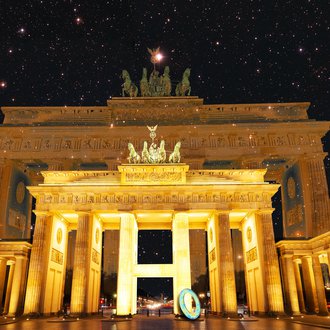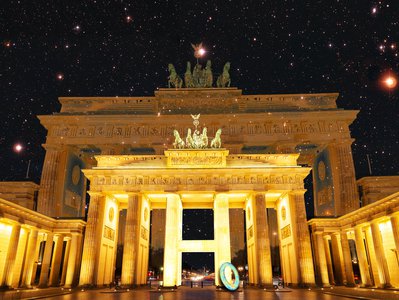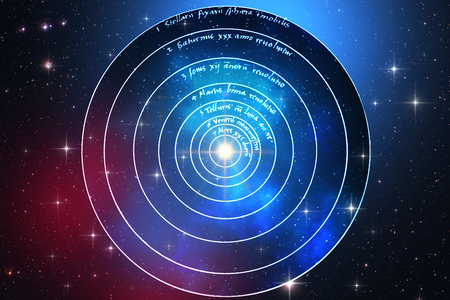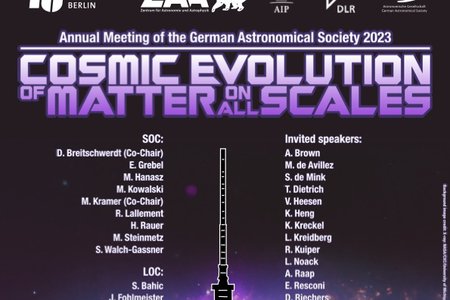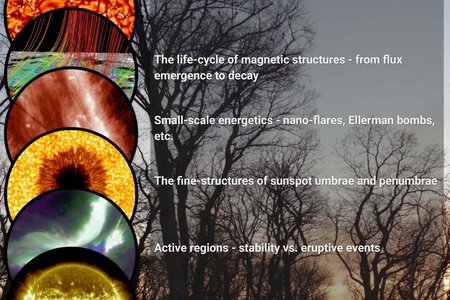Hubble Pre-Symposium, 8th November, 2018
The Hubble Pre-Symposium is an opening event for the WE-Heraeus-Symposium “The Hubble constant controversy: status, implications and solutions”. The event brings together the experts in the various field of astronomy and astrophysics that are concerned with the determination of H0 and to discuss the most recent results, and possible implications. The Hubble Pre-Symposium takes place on Thursday, 8th November, 2018 at the Leibniz-Institute for Astrophysics Potsdam, Germany.
Programme Pre-Symposium on Thursday, 8th November:
10:00-10:15 Matthias Steinmetz (AIP): Welcome
Chair: Maria-Rosa Cioni
10:15-11:00 Rachael Beaton (Princeton): Metallicities+stellar parameters for standard candles in APOGEE
11:00-11:30 Richard I. Anderson (ESO): Investigating H0 systematics related to the physical association of classical Cepheids with other stars
11:30-12:00 Jesper Storm (AIP): The significant effect of metallicity on the Cepheid period-luminosity relation from a Baade-Wesselink analysis of Galactic and Magellanic Cloud Cepheids
12:00-13:00 Lunch
Chair: Else Starkenburg
13:00-13:45 Stefan Jordan (ARI): Selected Science Results from Gaia DR2
13:45-14:15 Cristina Chiappini (AIP): Distances and Extinctions for MW stars for 300 Million stars: Star Horse and Gaia-DR2
14:15-15:00 Bernard Schutz (AEI): Measuring distances with gravitational waves
15:00-15:30 Coffee
Chair: Lutz Wisotzki
15:30-16:15 Tamara Davis (U Queensland): Expanding Confusion
16:15-16:45 Mickael Rigault (CNRS/IN2P3): Impact of Type Ia supernovae astrophysical biases on derivation of the Hubble Constant
16:45 Reception
Further information
If you are interested in participating, please register via the following link: https://meetings.aip.de/hubble-presymposium/
The WE-Heraeus-Symposium “The Hubble constant controversy: status, implications and solutions” takes place on 10th November in Berlin. This symposium is part of the Berlin Science Week 2018 and supported by the Australian Embassy Berlin.
Images
Big screen size [1000 x 750, 190 KB]
Original size [3717 x 2788, 1.8 MB]
